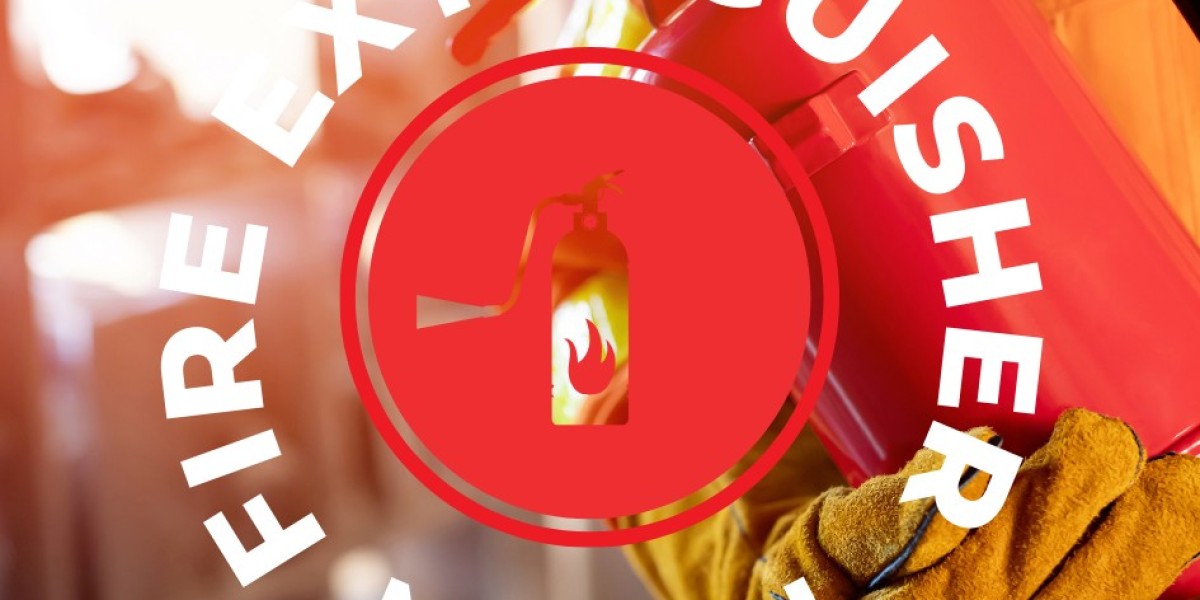When it comes to protecting your home or business from the devastating effects of fire, having a reliable fire alarm system is crucial. In fact, fire alarms are not only a legal requirement in many jurisdictions but also a vital tool in providing early warning and minimizing potential loss of life and property. However, with so many different types of fire alarms on the market, how do you know which one is right for you? In this article, we will explore the various types of fire alarms available and help you make an informed decision based on your specific needs.
1. Ionization Smoke Alarms:
Ionization smoke alarms are the most common type of fire alarms used in residential settings. These devices contain a small amount of radioactive material that ionizes the air inside the alarm chamber. When smoke enters the chamber, it disrupts the ionization process, triggering the alarm. Ionization smoke alarms are effective at detecting fast-flaming fires, making them a suitable choice for areas such as kitchens and living rooms.
2. Photoelectric Smoke Alarms:
Photoelectric smoke alarms use a light source and a light-sensitive sensor to detect smoke particles. When smoke enters the chamber, it scatters the light, causing it to hit the sensor, which then triggers the alarm. Photoelectric smoke alarms are particularly effective at detecting slow-smoldering fires, such as those caused by electrical faults or smoldering cigarettes. These alarms are suitable for areas like bedrooms and hallways.
3. Heat Alarms:
Heat alarms are designed to detect rapid changes in temperature. These alarms do not detect smoke, but rather the heat generated by a fire. Heat alarms are typically used in areas where smoke or steam is present, such as kitchens or garages, as they are less likely to trigger false alarms. It's important to note that heat alarms should not be used as a standalone fire alarm system but rather as a supplementary device in conjunction with smoke alarms.
4. Fire Sprinkler Systems:
Fire sprinkler systems, also known as fire suppression systems, are an essential part of any comprehensive fire safety strategy. These systems consist of a network of pipes filled with water or a fire-retardant substance. When a fire is detected, the sprinkler heads closest to the fire are activated, releasing either water or the fire-suppressing agent. Fire sprinkler systems are highly effective at controlling and suppressing fires, providing an added layer of protection for both residential and commercial properties.
Now that we have discussed the different types of fire alarms, how do you determine which one is right for you? The answer lies in understanding your specific needs, as well as the requirements set forth by local fire codes and regulations. Consulting with a professional fire protection specialist can help you assess your unique situation and design a fire alarm system that meets all necessary safety standards.
In Miami, where fire safety is of utmost importance, it is crucial to ensure that you have the right fire alarm system in place. Whether you are considering a fire sprinkler system in Miami or a fire suppression system in Miami, it is vital to work with a reputable and experienced fire protection company that understands the unique needs of the area.
Protecting your loved ones and your property from the devastating effects of fire should be a top priority. By investing in a reliable fire alarm system that suits your specific needs, you can have peace of mind knowing that you are taking proactive steps towards fire safety. Remember, prevention is key, and having the right fire alarm system is the first line of defense in keeping your home or business safe from the dangers of fire.








